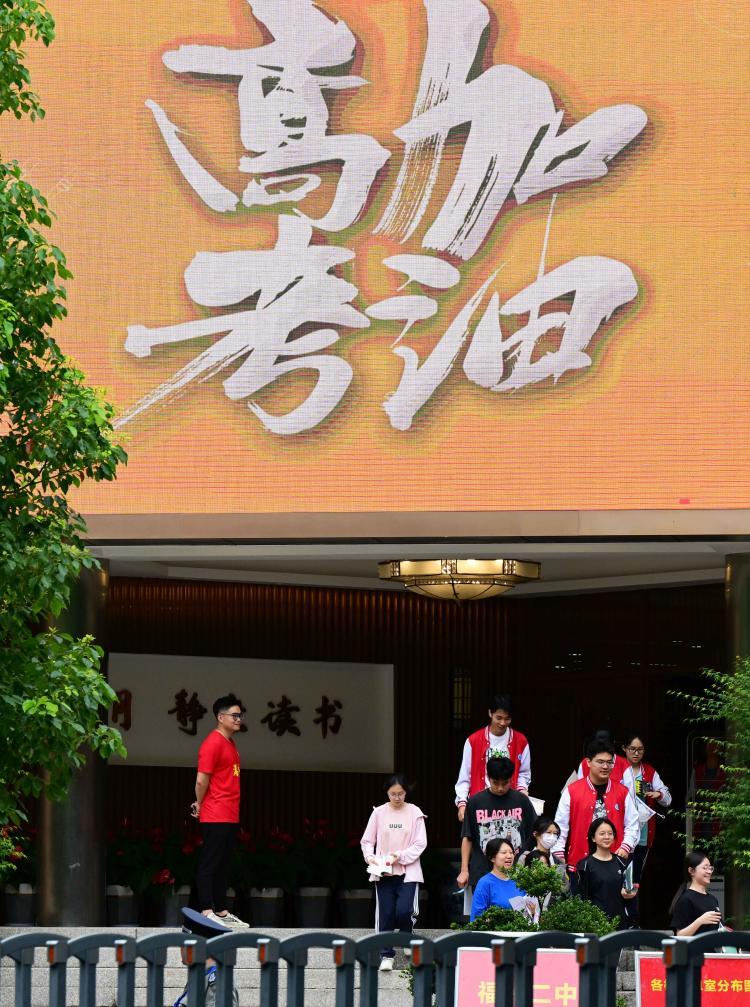China's sacrifices should always be remembered
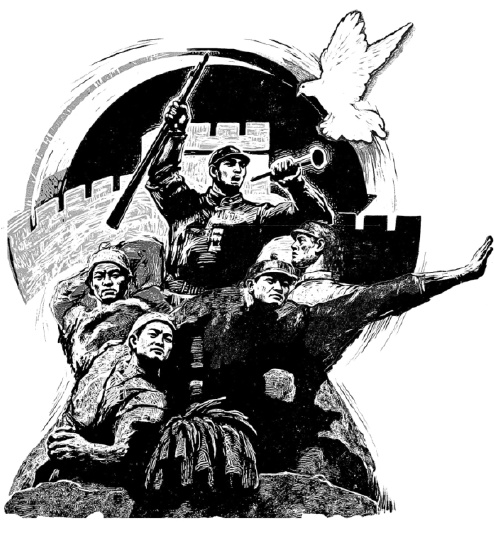
MA XUEJING/CHINA DAILY。
Editor's note:。With global tensions rising and regional conflicts showing no signs of ending, it has become more urgent than ever to understand the root causes of war. Wang Jianlang, president of the Chinese Society for the History of the War of Resistance Against Japanese Aggression, reflects on some overlooked aspects of World War II — its real starting point, China's under-recognized contribution, and why the principle of "indivisible peace" remains vital today. Wang also warns against populism and historical amnesia in an in-depth conversation with China Daily's Liu Jianna for Dialogues with Thinkers, China Daily's high-end interview program. Following are excerpts from the interview:。
Q1: How should the world reflect on World War II amid the ongoing regional conflicts in order to prevent new wars?
A: We are witnessing a turbulent era of global change. While we may not yet be on the brink of a third world war, the current global environment is arguably the most chaotic in the 80 years since the end of World War II. International rules and norms are being repeatedly violated, increasing the risks of a global war.。
In such times, it is crucial to learn from the experiences of World War II. The prelude to that war showed how incremental aggression, if unchecked, could spiral into a global catastrophe. The world failed to respond decisively to early acts of aggression, which ultimately emboldened the Axis powers. Japan's occupation of Northeast China, Germany's expansion into Austria and Czechoslovakia were all warning signs.。
Today, our ability to prevent another global war hinges on our willingness to uphold international norms, support multilateral institutions, and collectively and decisively respond to emerging threats. History warns us that inaction and appeasement are often enablers of war.。
Q2: Why should we reconsider the starting point of World War II?
A: Traditionally, World War II is considered to have begun in 1939 with Germany's invasion of Poland. This Euro-centric perspective has dominated mainstream history. However, decades of research suggest the war had two major origins: Europe and East Asia.。
Japan's invasion of Northeast China in 1931 — commonly known as the "Sept 18 Incident" — was a prelude to World War II. But the world at that time failed to recognize its global implications, which led to a long and brutal campaign that eventually evolved into a full-scale war in 1937.。
If we consider the Axis powers collectively as the initiators of World War II, then Japan's invasion of Northeast China in 1931 marked the opening act of the conflict, while its full-scale invasion of China in 1937 should be recognized as the true starting point of the war. Recognizing this broader timeline will not diminish European experiences but rather complete the full global picture of the war, because World War II was not a single-front conflict but a worldwide fight against fascism, shaped by multiple triggers and theaters of violence.。
Q3: What key lessons from World War II should we always remember?
A: One of the most important lessons is the danger of appeasement and inaction in the face of early aggression. Before 1937, as Japan escalated its aggression into a full-scale invasion of China, the international community largely limited its response to expressions of sympathy, offering little in the way of concrete support. The lack of action to curb Japan's ambitions failed to deter Japan's expansion, which continued to intensify in the following years.。
Similarly, in Europe, the 1938 Munich Agreement — where Great Britain and France conceded Czechoslovak territory to Nazi Germany — demonstrated how granting repeated concessions could backfire. Germany and Japan both interpreted these diplomatic compromises as a green light to intensify their aggressive campaigns.。
Another crucial lesson is the concept of "peace is indivisible". In the 1930s, major powers such as the United States viewed regional wars in Asia as irrelevant to their own national security. It wasn't until the industrial Western powers were attacked and a global alliance was formed that the importance of world peace became undeniable.。
This idea is part of the foundation of international relations. The threat to peace in one region must be seen as a threat to global peace and stability, which warrants collective and timely action. Only by adhering to this principle can we prevent regional conflicts from turning into global wars.。
Q4: How did China contribute strategically to the global anti-fascist war?
A: China's role in the global fight against fascism has often been undervalued, partly because it was not an industrial power like the US, Great Britain or the Soviet Union. Nonetheless, China's strategic contributions were immense.。
Despite the vast disparity in economic and military capabilities — China's GDP was less than a quarter and steel production less than 1 percent of Japan — China resisted Japanese aggression for 14 years, which includes eight years of full-scale war. It was a prolonged and costly resistance.。
China tied down more than 1 million Japanese troops on the Asian mainland, significantly easing pressure on Allied forces in the Pacific. Nearly 700,000 Japanese troops were engaged in Northeast China, preventing Japan from launching attacks on the Soviet Union's eastern front. This protected the Soviet Union in the east while it engaged in a brutal conflict with Nazi Germany in the west.。
Moreover, Chinese forces fought in foreign theaters such as Myanmar, contributing to the broader Allied victory. These sacrifices and strategic contributions earned China recognition as one of the "Big Four" Allied powers and a permanent seat in the UN Security Council. China's endurance and resistance were pivotal to the global outcome of the war.。
Q5: Why should the 1937 Lugou Bridge Incident be seen as a starting point of World War II?
A: While 1931 marked the beginning of a regional war of resistance against Japanese aggression, the Lugou Bridge Incident on July 7, 1937, signaled the onset of full-scale war between China and Japan.。
If we define World War II as a global war between expansionist powers and international resistance, then the 1937 invasion stands as a starting point of the war. Recognizing this helps correct the imbalance in Western narratives on the war, which often sideline the main Eastern battlefield's importance.。
By incorporating this perspective, we acknowledge that the war was not West-centric but part of a broader global breakdown of peace. It allows for a more nuanced understanding of the interconnectedness of global conflicts, and ensures that the experiences of Asian nations are not overlooked in the history of World War II.。
Q6: How should we see the roles of the Communist Party of China and Kuomintang during the Chinese People's War of Resistance Against Japanese Aggression?
A: Both the CPC and the KMT played vital roles in resisting Japanese aggression, operating on two major fronts: the enemy's rear and the main battlefield. Their contributions were complementary, even if political tensions between them persisted.。
When honoring wartime sacrifices, we should focus on the fact that all Chinese forces, regardless of their political affiliation, fought to defend the nation. Both the CPC and KMT soldiers are part of our shared memory of resistance and deserve equal recognition for their bravery. It's also important to resist overly politicized historical narratives that pit one side against the other. The reality is that their coordinated efforts helped sustain the national resistance despite extreme hardship. The legacy of these joint efforts should be a symbol of unity rather than division.。
Q7: Why must we remain vigilant against populist rhetoric and political manipulation?
A: World War II was not only a military conflict but also a political and psychological conflict. Both Nazi Germany and imperial Japan used mass propaganda to stir ultra-nationalism and justify their expansionist policies.。
Even today, in the age of information, populist leaders can distort facts and manipulate public sentiment. When emotions override reason, democratic systems can become vulnerable, and history shows how dangerous that can be.。
Preventing the resurgence of authoritarianism requires constant vigilance against those who use ultra-nationalism, fear and populism to polarize societies. The example of Hitler reminds us of how unchecked emotional mobilization can disable societal checks and balances, and lead to disaster.。
In this era dominated by social media echo chambers and algorithm-driven content, the danger is even greater. Populism can thrive in disinformation-prone environments, making it all the more essential to promote critical thinking and independent journalism.。
Q8: How did World War II lay the groundwork for today's global governance system?
A: After the end of World War II, the international community sought to prevent a recurrence of another global war by establishing a robust system of collective security, most notably through the United Nations. The concept of peace is indivisible became institutionalized; as a result any regional conflict can now be discussed at the UN Security Council.。
This legacy is not just symbolic. It reflects the hard-earned lesson that diplomacy and dialogue should take precedence over unilateral military actions. Today, maintaining the postwar world order is essential to maintain global stability.。
The idea that all conflicts — no matter how localized — can escalate and affect global peace shaped institutions like the UN and principles like the Responsibility to Protect. These frameworks are under strain today but remain vital.。
Recommitting to the spirit of postwar cooperation requires reforming and strengthening global institutions to reflect 21st-century realities, without losing sight of the lessons that led to their formation.。
Q9: Why has China's World War II narrative often been underrepresented globally?
A: Several factors have contributed to this narrative. First, during World War II, China was not an industrial power and, unlike its Western allies, lacked global influence. As a result, its contributions, though strategic and prolonged, did not receive equal attention in postwar narratives.。
Second, the dominant Euro-American focus in World War II historiography has often overlooked the significance of the main Eastern battlefield. But recent decades have seen a growing recognition of China's central role in resisting fascism.。
And third, ideological tensions during the Cold War further distorted historical representation. China's role was either politicized or sidelined depending on the prevailing geopolitical narrative. Only in recent decades has there been a scholarly shift toward a more balanced global account of World War II. Reframing historical narratives to include multiple perspectives is not about rewriting history; it's about completing it.。
Q10: Why does redefining the World War II narrative matter in today's geopolitical landscape?
A: Historical narratives shape contemporary perceptions and policies. Recognizing China's role in World War II reinforces its legitimacy as a founding member of the international order. It also highlights the importance of non-Western contributions to global peace.。
At a time when multilateralism is under strain and nationalism is on the rise, a more inclusive World War II narrative reminds us of the shared sacrifices that led to the formation of the current global system, and why it must be protected.。
Moreover, as new conflicts occur and historical accounts are often invoked to achieve political ends, a clearer understanding of how wars began — and how they were won — can guide better decision-making. Accurate, inclusive history is a cornerstone of peace and cooperation.。
To build a bright global future, we require a collective memory which should recognize that World War II was not only fought and won in Europe, but across continents, with shared sacrifices and the common hope for peace.。
Wang Jianlang, president of the Chinese Society for the History of the War of Resistance Against Japanese Aggression. The views don't necessarily represent those of China Daily.。
If you have a specific expertise, or would like to share your thought about our stories, then send us your writings at opinionchinadaily.com.cn, and commentchinadaily.com.cn.。
(责任编辑:探索)
-
 荆楚网湖北日报网)讯通讯员 车海蓉)4月10日,在荆门市掇刀区望兵石校园内,一个个黑乎乎的窨井盖上,呈现出人工智能、航天科技、健康环保等体裁的美丽图像,与道路旁的樱花相映成趣,招引了师生驻足观看。井盖
...[详细]
荆楚网湖北日报网)讯通讯员 车海蓉)4月10日,在荆门市掇刀区望兵石校园内,一个个黑乎乎的窨井盖上,呈现出人工智能、航天科技、健康环保等体裁的美丽图像,与道路旁的樱花相映成趣,招引了师生驻足观看。井盖
...[详细]
-
 中新社北京6月6日电 阿比让音讯:科特迪瓦官员当地时间5日宣告,该国经济首都阿比让市郊近来产生霍乱疫情,共形成7人逝世。据美联社、路透社等媒体报道,科特迪瓦国家公共卫生研究院负责人埃克拉证明,该国进行
...[详细]
中新社北京6月6日电 阿比让音讯:科特迪瓦官员当地时间5日宣告,该国经济首都阿比让市郊近来产生霍乱疫情,共形成7人逝世。据美联社、路透社等媒体报道,科特迪瓦国家公共卫生研究院负责人埃克拉证明,该国进行
...[详细]
-
 伊万科维奇:我国男足出局自己会承当十分大的职责。我国男足5日晚在2026美加墨世界杯亚洲区预选赛18强赛第九轮竞赛中以0:1不敌印度尼西亚队,提早一轮小组出局,无缘世界杯。国足主教练伊万科维奇表明,他
...[详细]
伊万科维奇:我国男足出局自己会承当十分大的职责。我国男足5日晚在2026美加墨世界杯亚洲区预选赛18强赛第九轮竞赛中以0:1不敌印度尼西亚队,提早一轮小组出局,无缘世界杯。国足主教练伊万科维奇表明,他
...[详细]
-
光影盛宴开席!上影节开票1小时超600场次售罄 影迷热情高涨
 第27届上海世界电影节将于6月13日至22日举办。昨日,上海世界电影节正式线上开票,开票一小时,92部影片,超600场次售罄,影迷观影热情高涨。开票后不久,一些影迷就来到展映影院线下收取购买到的电影节
...[详细]
第27届上海世界电影节将于6月13日至22日举办。昨日,上海世界电影节正式线上开票,开票一小时,92部影片,超600场次售罄,影迷观影热情高涨。开票后不久,一些影迷就来到展映影院线下收取购买到的电影节
...[详细]
-
 湖北日报讯 记者刘汉泽、郭晓明、时龚、胡雨薇)4月10日,距2025十堰马拉松鸣枪还有三天时刻,一大早,来自各地的参赛选手在十堰奥体中心领物现场排起了长队。“当年我乘坐春风车上战场,现在我用春风代步车
...[详细]
湖北日报讯 记者刘汉泽、郭晓明、时龚、胡雨薇)4月10日,距2025十堰马拉松鸣枪还有三天时刻,一大早,来自各地的参赛选手在十堰奥体中心领物现场排起了长队。“当年我乘坐春风车上战场,现在我用春风代步车
...[详细]
-
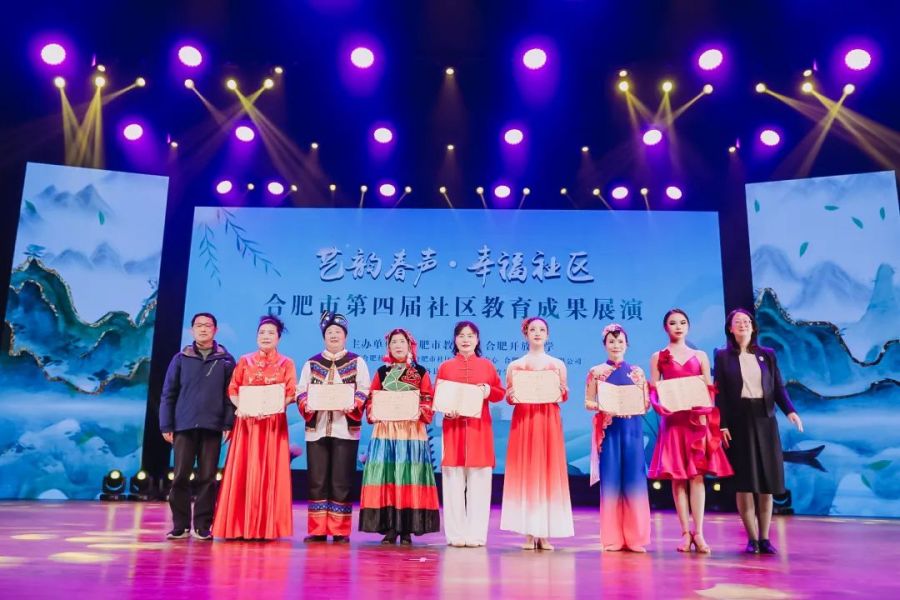 3月15日,望湖大街隆重社区传来喜报,社区笛艺团参与合肥市第四届社区教育效果展演荣获三等奖。好成绩的获得,与笛艺团的每一名队员是分不开的。为了这次的表演可以顺畅,笛艺团在吴坚教师的指导下,坚持每周屡次
...[详细]
3月15日,望湖大街隆重社区传来喜报,社区笛艺团参与合肥市第四届社区教育效果展演荣获三等奖。好成绩的获得,与笛艺团的每一名队员是分不开的。为了这次的表演可以顺畅,笛艺团在吴坚教师的指导下,坚持每周屡次
...[详细]
-
合肥市长江路幼儿园教育集团淮北路分园:凝心聚力 牵手前行——2023年秋季家委会、伙委会
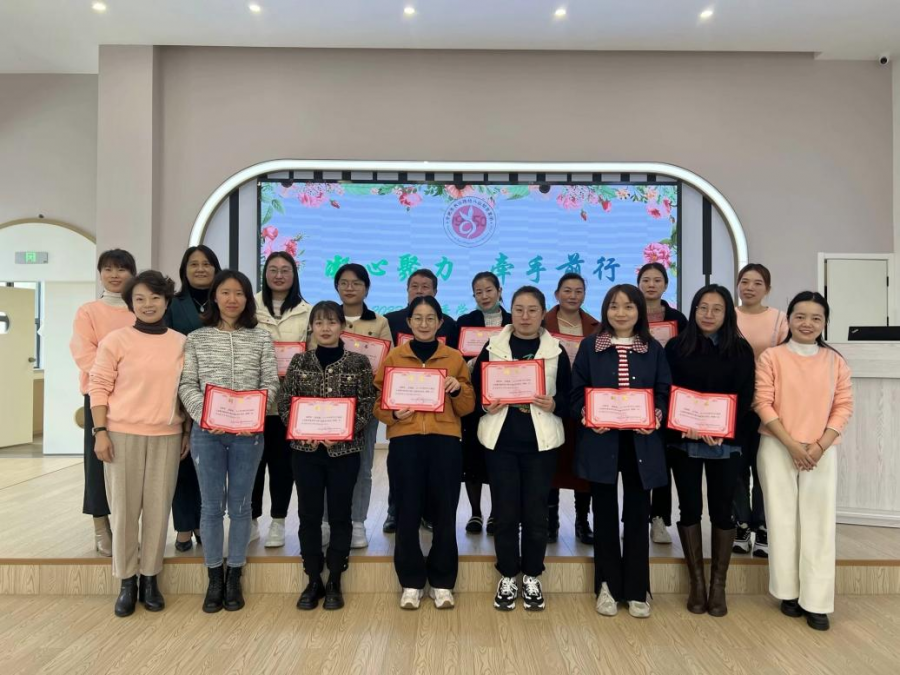 家委会、伙委会是家长和幼儿园交流的桥梁,建立健全家委会、伙委会准则,可以发挥家长的的效果,更好的凝集幼儿园、社会和家庭的力气。为了进一步亲近家乡的联络,2023年11月10日上午,合肥市长江路幼儿园教
...[详细]
家委会、伙委会是家长和幼儿园交流的桥梁,建立健全家委会、伙委会准则,可以发挥家长的的效果,更好的凝集幼儿园、社会和家庭的力气。为了进一步亲近家乡的联络,2023年11月10日上午,合肥市长江路幼儿园教
...[详细]
-
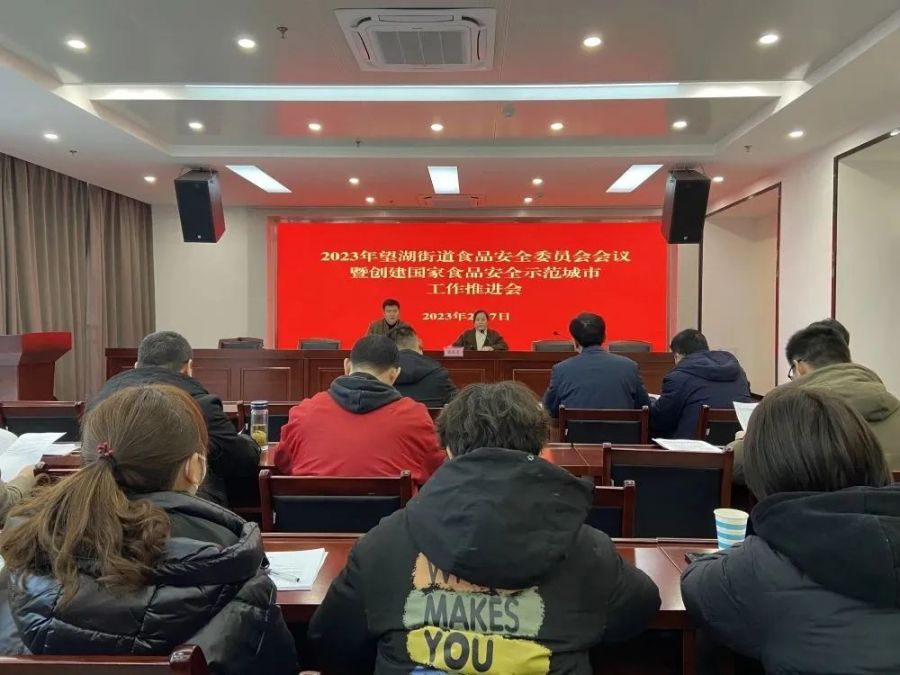 为进步全街食物安全监管水平,2月7日上午,望湖大街举行2023年食物安全委员会会议暨创立国家食物安全演示城市作业推动会。大街党工委副书记、就事处主任李晓亮,大街党工委委员、食安委副主任张庆芝,各社区首
...[详细]
为进步全街食物安全监管水平,2月7日上午,望湖大街举行2023年食物安全委员会会议暨创立国家食物安全演示城市作业推动会。大街党工委副书记、就事处主任李晓亮,大街党工委委员、食安委副主任张庆芝,各社区首
...[详细]
-
 据海关总署4月9日公告,自今天12时01分起,对原产于美国的一切进口产品,在现行适用关税税率基础上加征84%关税。海关总署公告2025年第58号。关于对原产于美国的进口产品加征关税办法有关履行事项的公
...[详细]
据海关总署4月9日公告,自今天12时01分起,对原产于美国的一切进口产品,在现行适用关税税率基础上加征84%关税。海关总署公告2025年第58号。关于对原产于美国的进口产品加征关税办法有关履行事项的公
...[详细]
-
 眼下,我国南北方多地正在阅历一轮高温气候进程。估计6月7日至9日,山东、河南、新疆等地继续晴晾干热,局地最高气温可达40℃上下,福建、海南等地不只高温耐力足,湿度也大,炽热感十足。恰逢高考,怎么做好防
...[详细]
眼下,我国南北方多地正在阅历一轮高温气候进程。估计6月7日至9日,山东、河南、新疆等地继续晴晾干热,局地最高气温可达40℃上下,福建、海南等地不只高温耐力足,湿度也大,炽热感十足。恰逢高考,怎么做好防
...[详细]

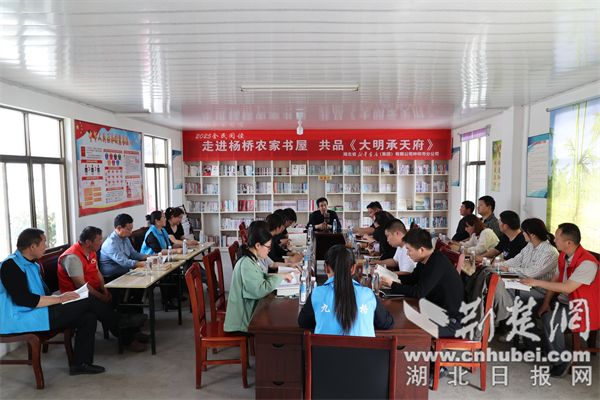 钟祥:书香滋润村庄 共品大明风华
钟祥:书香滋润村庄 共品大明风华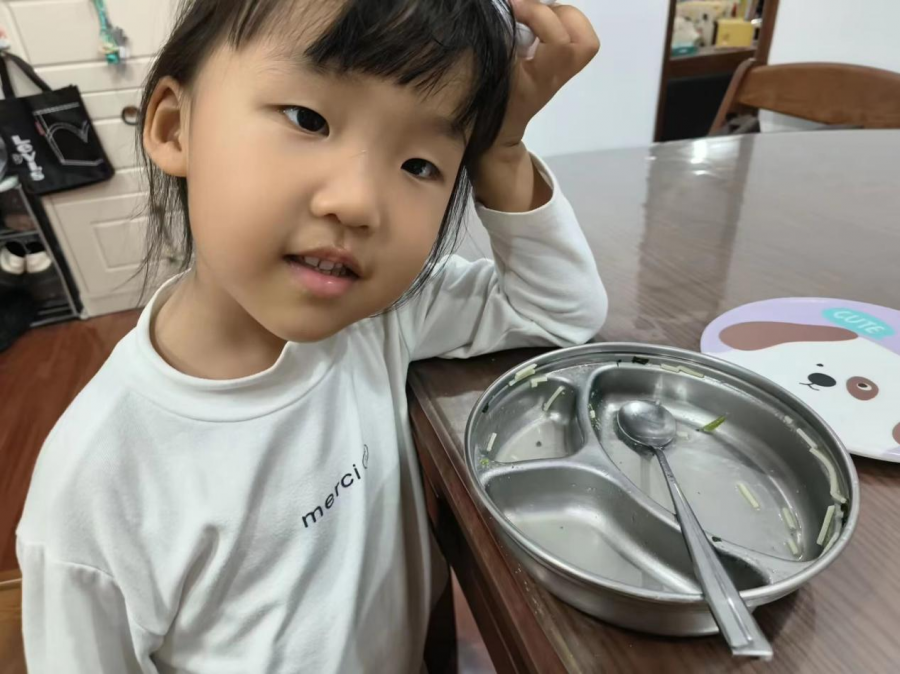 【长幼·安全保健】“食”安全,“享”健康——合肥市长江路幼儿园天成分园食品安全宣传周活动
【长幼·安全保健】“食”安全,“享”健康——合肥市长江路幼儿园天成分园食品安全宣传周活动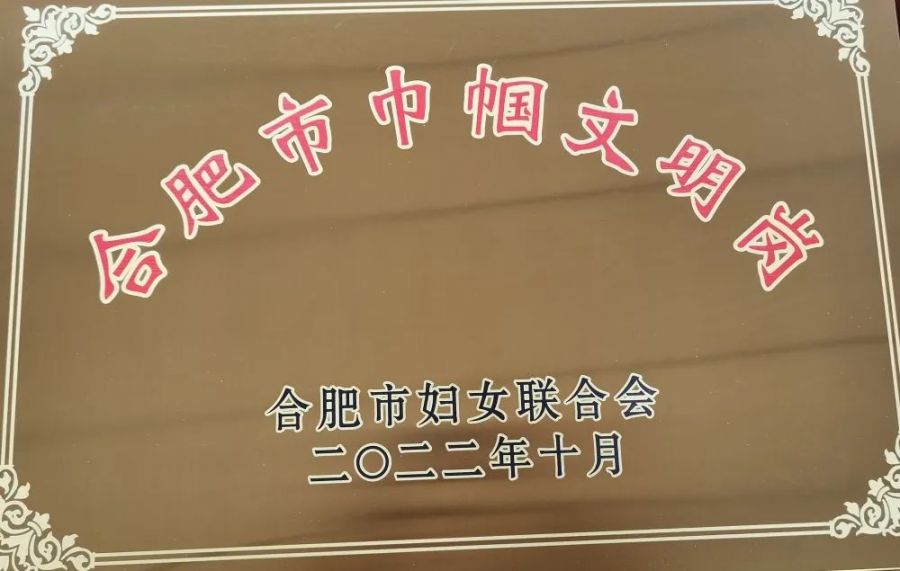 望湖大街沁心湖社区荣获2022年度合肥市“女性文明岗”荣誉称号
望湖大街沁心湖社区荣获2022年度合肥市“女性文明岗”荣誉称号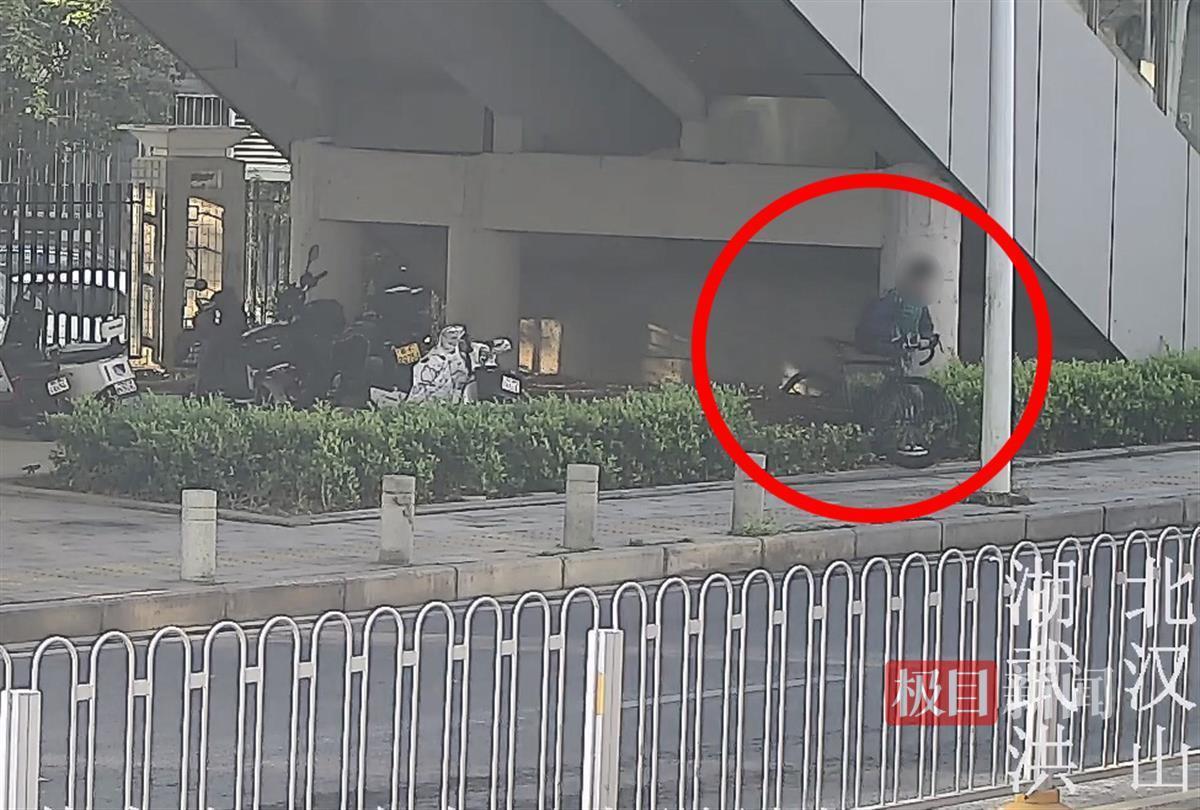 男人自称“为赶时间”骑走别人自行车,还从头上了锁,已被警方拘留
男人自称“为赶时间”骑走别人自行车,还从头上了锁,已被警方拘留
